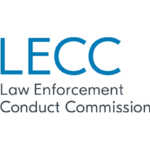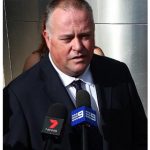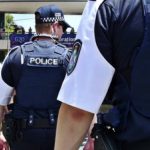NSW Police Facilitate Bikie Meth Trade, According to Watchdog Chief
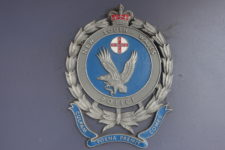
“We know that there must be significant corruption going on,” soon to be stood down Law Enforcement Conduct Commission (LECC) chief commissioner Michael Adams QC said in relation to the NSW Police Force (NSWPF) at a parliamentary inquiry in mid-December.
And as an example of why this must be the case, the former NSW Supreme Court justice explained that “bikie gangs could not be the major manufacturers of methamphetamine” in this state without “some degree of inside information” coming from police.
Adams further outlined that the alleged police involvement in the trade in meth by outlaw motorcycle gangs is “kept very secret”. And the “highly sophisticated criminals” of today are a lot more difficult to discover than in the mid-90s at the time of the Wood Royal Commission.
The head of the sole state police watchdog made the comments at a NSW Parliament Public Accountability Committee hearing on 12 December, as he was also making the case for why the LECC funding cuts of close to $6 million are going to further stifle the understaffed oversight body.
And just eleven days after he made these very public allegations, the Berejiklian government announced that the LECC chief commissioner’s contract will not be renewed at the end of this month. Instead, Adams will be replaced by another former judge.
Demanding a withdrawal
Police Association of NSW (PANSW) president Tony King said in a statement on the day following the hearing that the comments made by Mr Adams, which insinuated that the NSWPF is “dogged by significant corruption”, were out of line.
“The inflammatory comments made by LECC chief commissioner Michael Adams that the scourge of methamphetamine and wider drug trade is not being professionally policed are completely out of order and reflect poorly on both LECC and Mr Adams,” the PANSW president made clear.
Mr King also said Adams had made the “disgusting accusations” during “a grab for more funding” and what they reveal is a “very poor standard of the level of objectivity that the LECC chooses to operate under”.
And the president lamented the situation of newly inducted police officers who are entering the fold at a time when the only oversight body in the state is run by a biased ex-judge, who is basically slandering them. King also made a request that Adams retract his accusations.
On the same day Mr King released his comments, former Victoria police senior sergeant Greg Denham told Sydney Criminal Lawyers that police associations/unions nationwide now have an increasing influence on government, as they’ve become more powerful than police commands.
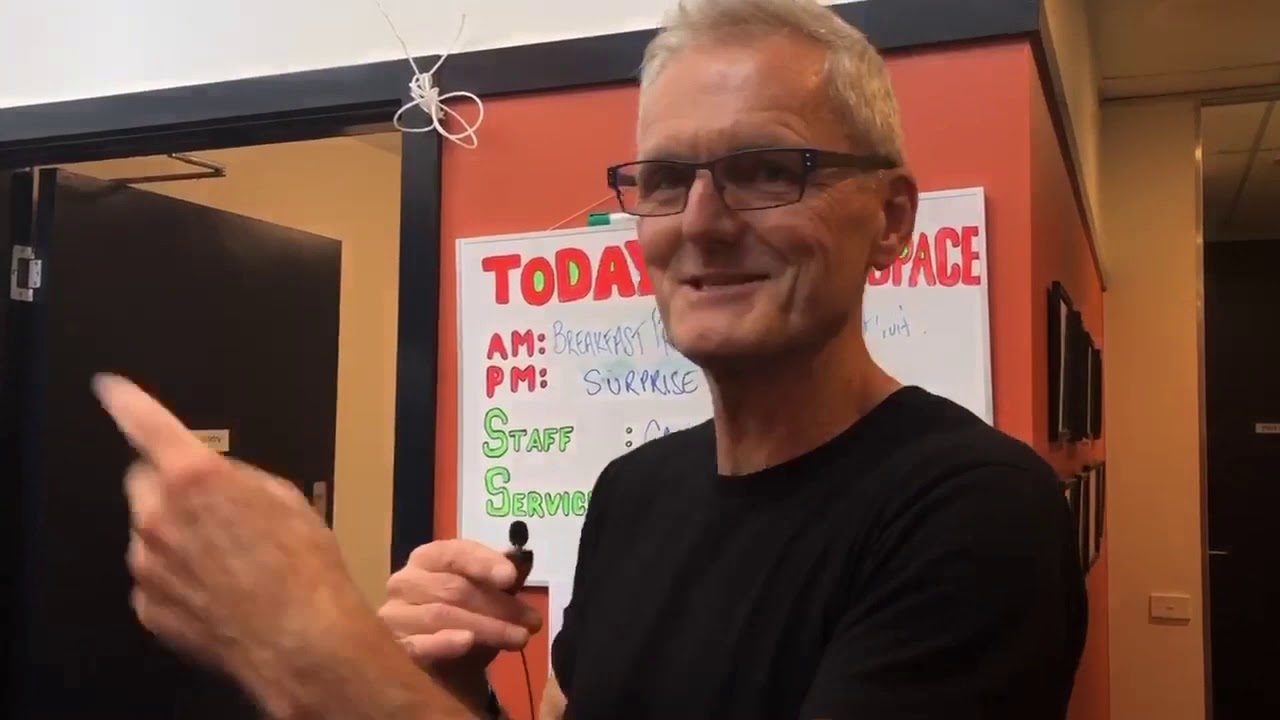
To be doing something
Of course, the allegations regarding police involvement in the illicit trade of methamphetamine in this state, comes at the same time as the Berejiklian government’s Special Commission of Inquiry Into the Drug “Ice” is underway.
The NSW government investigation was prompted because this state is apparently awash with ice, especially in regional areas. And the inquiry reporting timeframe was extended last year, so as to allow the commissioner time to further explore the concept of drug decriminalisation.
Inquiry commissioner Professor Dan Howard SC explained that a key issue that emerged out of the inquiry submissions was “the removal of criminal sanctions” for the possession and use of illicit substances. And this is a recommendation the inquiry is expected to make in its final report.
Despite the premier having brought about the inquiry, it’s expected she’ll pay no attention to any of its expert counsel. And if there are law enforcement officers benefiting from the illegal drug trade, it would be thought that a business as usual model would be what they’d favour as well.
State-sanctioned sexual assault
However, it’s been posited that the main reason behind the nonrenewal of the current LECC chief’s contract is the ongoing strip search investigations that the watchdog has underway. Operation Brugge hearings were carried out in October, while Operation Gennaker took place last month.
Brugge involved inquiring into strip searches at 2018’s Splendour in the Grass, which led to one officer admitting he’d conducted up to 19 searches that may have been unlawful. While Gennaker heard evidence of the highly unorthodox search of two 15 year old boys at an event last February.
Adams hinted that the inquiry is set to take a new course this year, which will involve assessing the psychological effects that strip searches have on minors. Officers in this state are permitted to strip search children between 10 and 17 years of age if an adequate person is there to represent them.
The LECC announced its strip search investigation in late October 2018, which it stated was in response to “a number of specific complaints and anecdotal information from a variety of community organisations”. And it came as debate over the practice was rising in the community.
NSW Greens MLC David Shoebridge and the Redfern Legal Centre’s Samantha Lee have both been campaigning against the skyrocketing use of this invasive practice by the NSWPF, with the understanding that this now routine practice was supposed to be a policing tool of last resort.
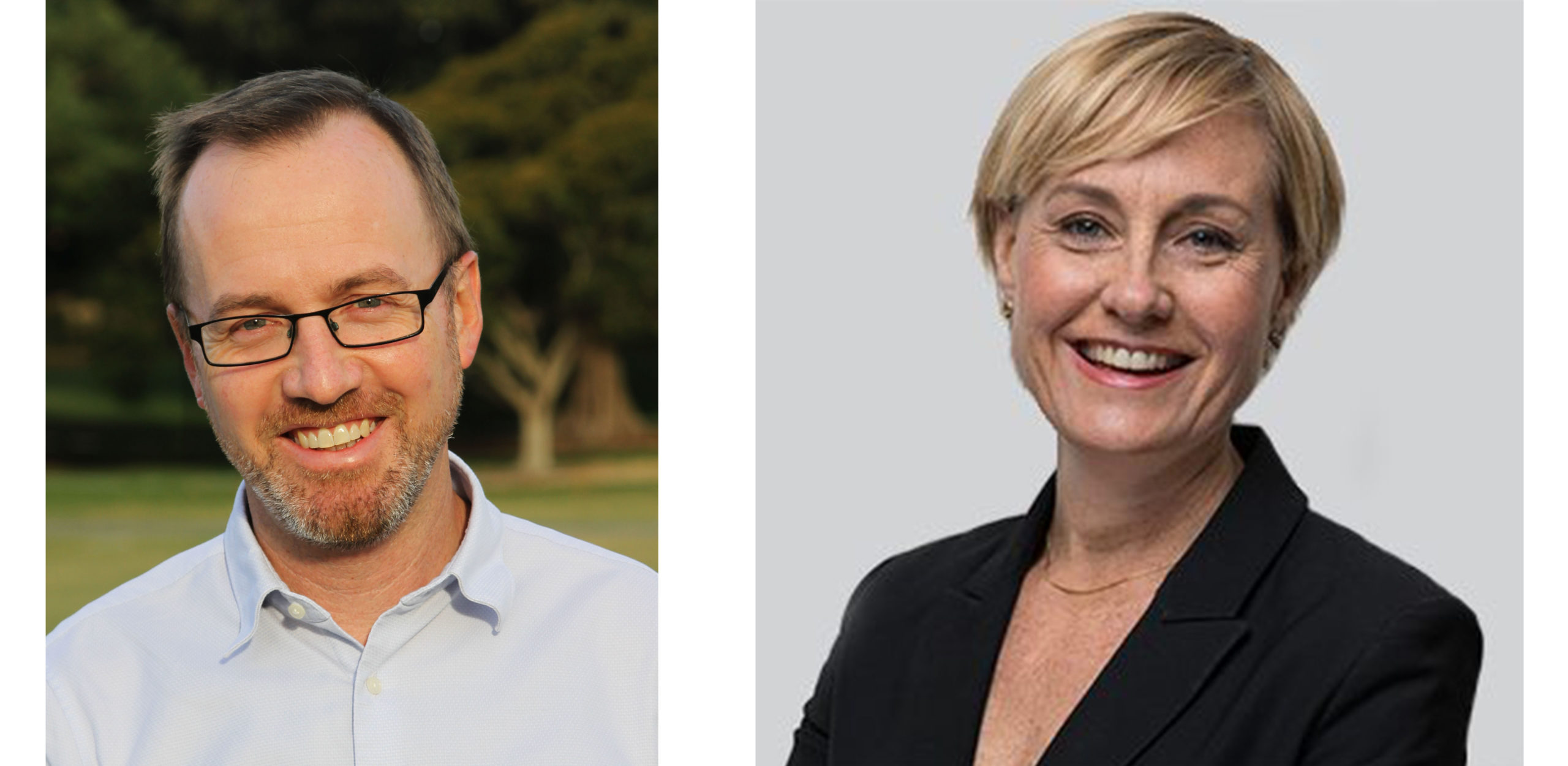
Regional policing
One recurring recommendation coming from the anti-strip search campaign is that the police protocols set out in the legislation need to be overhauled, as there are a lot of officers out on the beat, who seem unaware of the proper manner in which strip searches should be applied.
As LECC commissioner for integrity Lea Drake told last month’s parliamentary inquiry, she’s been involved with her own investigations into strip searches in regional areas and she’s come across a number of commanders who are perplexed as to why trained officers are ignorant of the law.
Ms Drake outlined that in February this year, she will be going out to investigate the strip searching situation at one regional local area command (LAC), with the aim of identifying the problem that seems to be arising somewhere between training in the academy and putting that into practice.
“The plan is to go to this area, have those sessions and see what difference it makes and then the commissioner is going to look at moving that into other areas,” Ms Drake told the hearing.
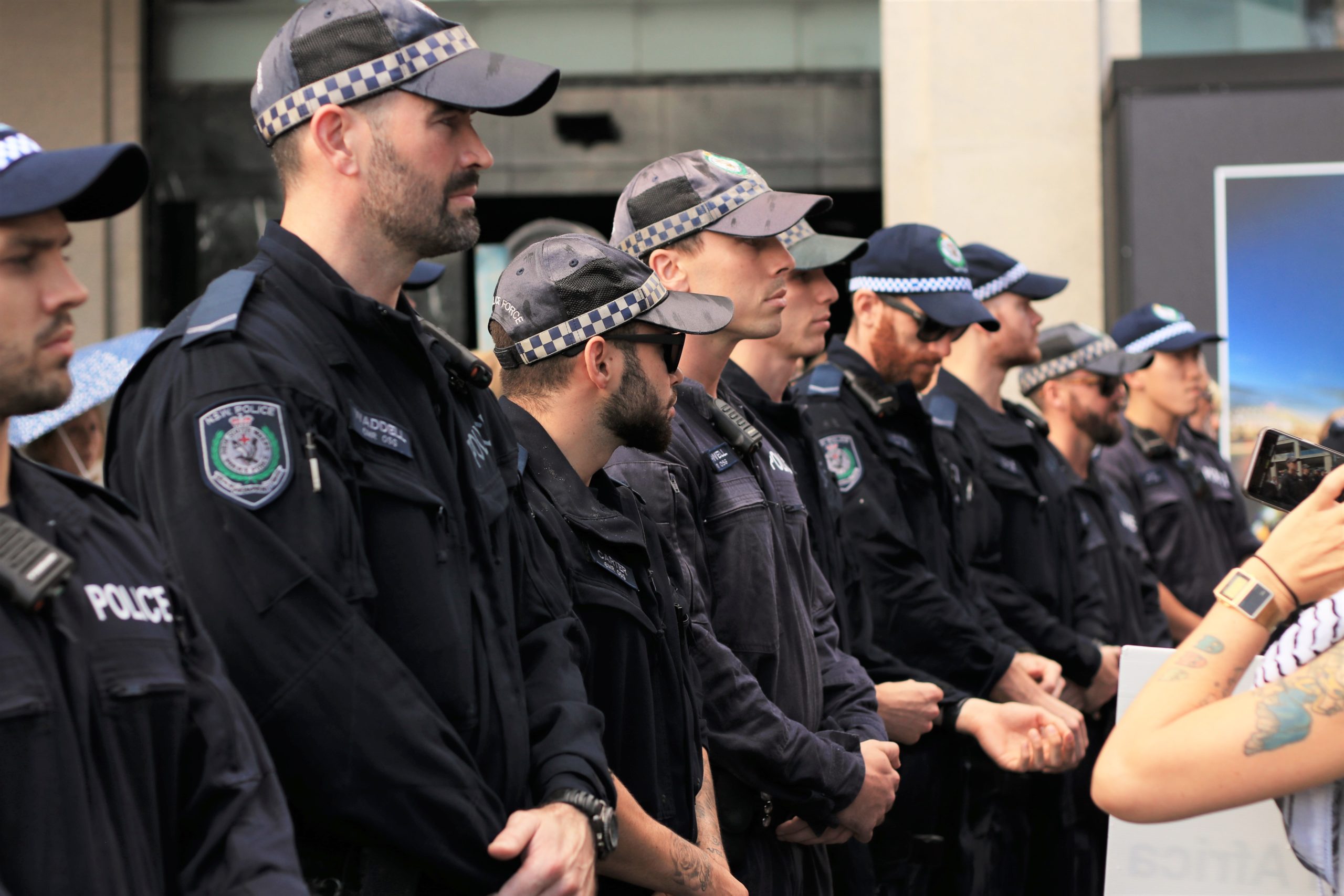
Increasing strip search enforcers
The LECC began operating on 1 July 2017. It replaced the functions of the Police Integrity Commission, the police division of the NSW Ombudsman and the inspector of the NSW Crime Commission, in what was an effort to streamline police oversight in this state.
And not only is its head being chopped off and its funding being cut at this early stage, but the Berejiklian government is ramping up police numbers in this state. And in the opinion of Adams, this will certainly lead to a greater number of complaints that the watchdog won’t be able to handle.
Premier Berejiklian announced in November 2018 that her government will be employing an extra 1,500 police officers over the four years to follow. This will be in addition to the 16,000 officers already employed by the state police force.
Public Accountability Committee chair Mr Shoebridge said at the hearing in relation to the extra officers that one “could safely assume” the new recruits “will have the same kind of conduct issues” as current ones, “but no additional resources” will be provided to the LECC so as to deal with them.


